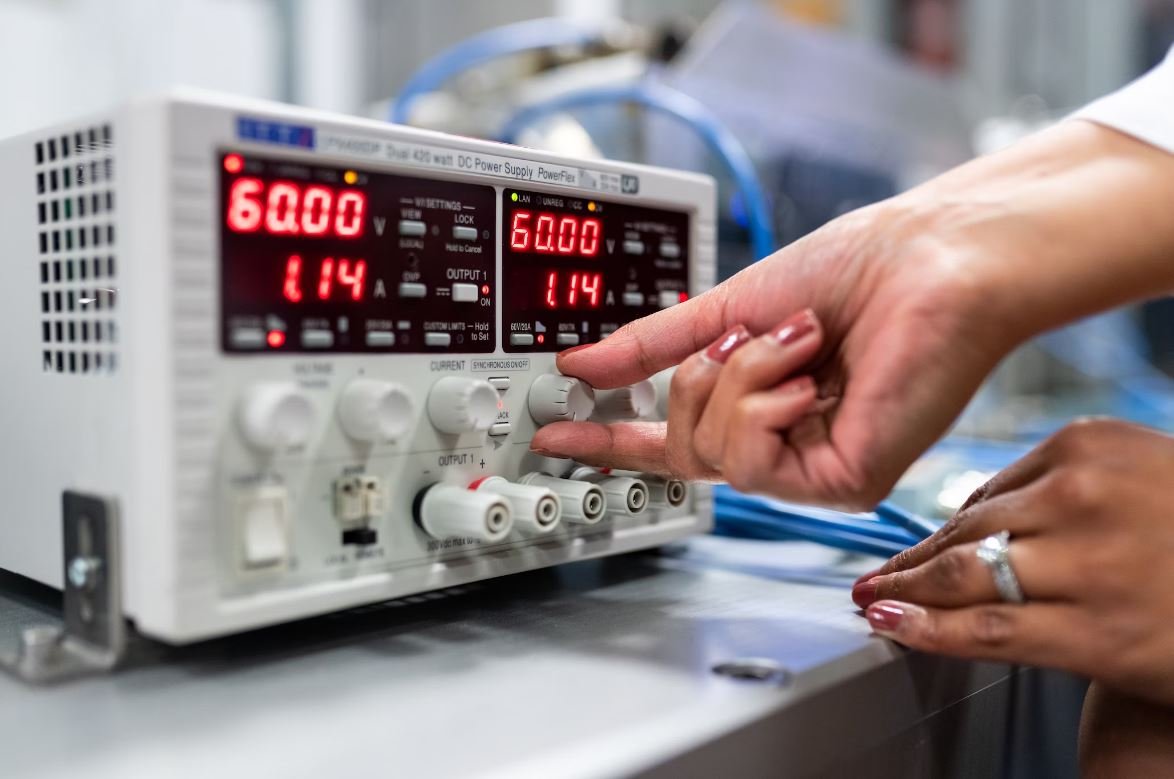Which Tesla Cars Are Self-Driving?
Tesla, the renowned electric vehicle manufacturer, has made significant advancements in self-driving technology. Over the years, they have introduced various car models with different levels of autonomous capabilities. In this article, we will explore which Tesla cars offer self-driving features and discuss the level of autonomy each model possesses.
Key Takeaways:
- Tesla offers self-driving capabilities in multiple car models.
- Not all Tesla cars have full self-driving capability, but most come equipped with advanced driver-assistance systems.
- The level of autonomy varies across Tesla models, ranging from Autopilot to Full Self-Driving.
Tesla Models with Autopilot
Autopilot is Tesla’s advanced driver-assistance system that enhances safety and convenience during highway driving. It uses a combination of cameras, sensors, and artificial intelligence to assist drivers in steering, accelerating, and braking within their lane.
*Interesting fact: Tesla’s Autopilot has been continuously improving through over-the-air software updates, bringing new features and enhancements to existing models.*
| Model | Autopilot Availability |
|---|---|
| Model S | Standard (Optional on older models) |
| Model 3 | Standard |
| Model X | Standard (Optional on older models) |
| Model Y | Standard |
Tesla Models with Full Self-Driving
Tesla’s Full Self-Driving (FSD) capability offers a more advanced level of autonomy. While it is not fully autonomous, FSD provides features like automatic lane changes, parking, and summoning. Tesla constantly improves and adds new functionality through software updates, bringing them closer to a future vision of fully autonomous driving.
*Interesting fact: Tesla Autopilot enables the car to respond to traffic lights and stop signs when Full Self-Driving capability is enabled, subject to local regulations.*
| Model | Full Self-Driving Capability Availability |
|---|---|
| Model S | Optional (Additional purchase required) |
| Model 3 | Optional (Additional purchase required) |
| Model X | Optional (Additional purchase required) |
| Model Y | Optional (Additional purchase required) |
Other Tesla Enhanced Autopilot Features
In addition to Autopilot and Full Self-Driving, Tesla offers various enhanced features that enhance the driving experience. These features include:
- Adaptive Cruise Control: Maintains a set speed and distance from the vehicle in front.
- Navigate on Autopilot: Automatically guides the car on highways, including lane changes and highway exits.
- Autosteer: Assists with steering within the lane, keeping the car centered.
Conclusion:
Tesla cars come equipped with different levels of self-driving capabilities. The Autopilot system is standard in most models, providing advanced driver-assistance features. Full Self-Driving capability is available as an optional upgrade for those seeking a more advanced level of autonomous driving. Tesla continues to push the boundaries of self-driving technology, bringing us closer to a future with fully autonomous vehicles.

Common Misconceptions
Tesla Cars and Self-Driving
One common misconception is that all Tesla cars are self-driving or have full autonomous capability. While Tesla vehicles do come equipped with Autopilot, which offers advanced driver-assistance features, it is not a fully autonomous system.
- Autopilot is designed to assist the driver, not replace them.
- Tesla’s Autopilot technology includes features such as adaptive cruise control and lane-keeping assist.
- Full self-driving capability is an optional upgrade that can be purchased separately.
Limited Self-Driving Features
Another misconception is that all Tesla vehicles have the same level of self-driving features. In reality, there are different levels of Autopilot and full self-driving capability depending on the model and the software version installed.
- Some Tesla vehicles only have basic Autopilot features, while others have more advanced capabilities.
- Software updates may bring additional self-driving features to certain models.
- Tesla’s Full Self-Driving package is continuously being improved with new releases.
Legal and Regulatory Limitations
There is also a misconception that Tesla cars with self-driving features can be used without any legal limitations or restrictions. However, the reality is that the use of autonomous driving features is subject to local laws and regulations.
- Many areas have specific rules regarding the use of self-driving technology on public roads.
- Drivers must still be prepared to take control of the vehicle at any time.
- Some jurisdictions require specific licensing or permits to operate a self-driving car.
Misunderstanding “Full Self-Driving”
The term “Full Self-Driving” used by Tesla can be misleading, leading to another common misconception. This designation does not mean that the vehicle is capable of completely autonomous driving in all situations.
- Tesla’s “Full Self-Driving” feature is still under development and is not yet fully functional.
- It is important to note that Tesla advises drivers to remain attentive and ready to take over control at all times.
- Currently, Tesla’s “Full Self-Driving” includes features like automatic lane changes and parking, but it is not a truly autonomous system.
Future Developments
Lastly, a common misconception is that self-driving Tesla cars are already capable of navigating any situation without human intervention. However, the reality is that self-driving technology is still evolving, and further developments and updates are needed to achieve higher levels of autonomy.
- Tesla is continually working on improving its self-driving capabilities through software updates.
- New sensor technologies and artificial intelligence advancements are being developed to enhance autonomous driving systems.
- Future Tesla models may introduce higher levels of autonomy as the technology progresses.

Tesla Car Models
Tesla is a leading electric car manufacturer known for its innovative technologies. They have several car models, each with its own features and capabilities.
Model S
The Model S is a luxury all-electric sedan with impressive performance and range. It offers Autopilot, which includes features like automatic emergency braking and traffic-aware cruise control.
Model 3
The Model 3 is a more affordable electric sedan designed for everyday driving. It comes with Autopilot as standard, allowing for automatic steering, lane changing, and parking assistance.
Model X
The Model X is an electric SUV with distinctive falcon-wing doors. It provides Autopilot functionality, similar to the Model S, allowing for advanced safety features and semi-autonomous driving.
Model Y
The Model Y is a compact electric SUV that combines efficiency and versatility. Like the Model 3, it comes with Autopilot as standard, enabling self-driving capabilities on highways and in parking lots.
Roadster
The Roadster is Tesla’s upcoming all-electric sports car. It is expected to have an advanced Autopilot system, offering a thrilling driving experience with high performance and autonomy.
Software Version 9
Tesla’s Software Version 9 introduced advanced Autopilot features, making its cars even more self-driving capable. This update included features like Navigate on Autopilot, which can handle highway driving from on-ramp to off-ramp.
Hardware 3.0
Tesla’s Hardware 3.0, also known as Full Self-Driving (FSD) Computer, is a custom chip designed specifically for autonomous driving. It enables enhanced processing power and AI capabilities to support future self-driving functionalities.
Enhanced Summon
Enhanced Summon is a feature that allows Tesla cars to navigate through parking lots autonomously. Owners can use a mobile app to command their vehicle to come to them from a parking spot, making it convenient and futuristic.
Self-Driving Capability
Tesla cars with Full Self-Driving (FSD) capability are designed to be fully autonomous in the future, pending regulatory approval. However, it is essential to note that current Tesla owners must still remain attentive and ready to take control of the vehicle at any time while using Autopilot features.
Conclusion
Tesla offers a range of car models that incorporate self-driving capabilities to varying extents. With features like Autopilot, Navigate on Autopilot, and Enhanced Summon, Tesla is pushing the boundaries of autonomous driving technology. While full autonomy is not yet realized, Tesla continues to improve its self-driving capabilities with software updates and hardware advancements, paving the way for a driverless future.
Frequently Asked Questions
Which Tesla Cars Are Self-Driving?
What are self-driving capabilities in Tesla cars?
Which Tesla models have Autopilot?
Are all Tesla cars self-driving?
What is Full Self-Driving (FSD)?
Can I buy a Tesla with Full Self-Driving capability?
Is Full Self-Driving legal and approved for use on public roads?
Are autopilot features free in Tesla cars?
Can Tesla cars navigate on their own without driver intervention?
How does Tesla Autopilot work?
Are Tesla cars constantly improving their self-driving capabilities?




